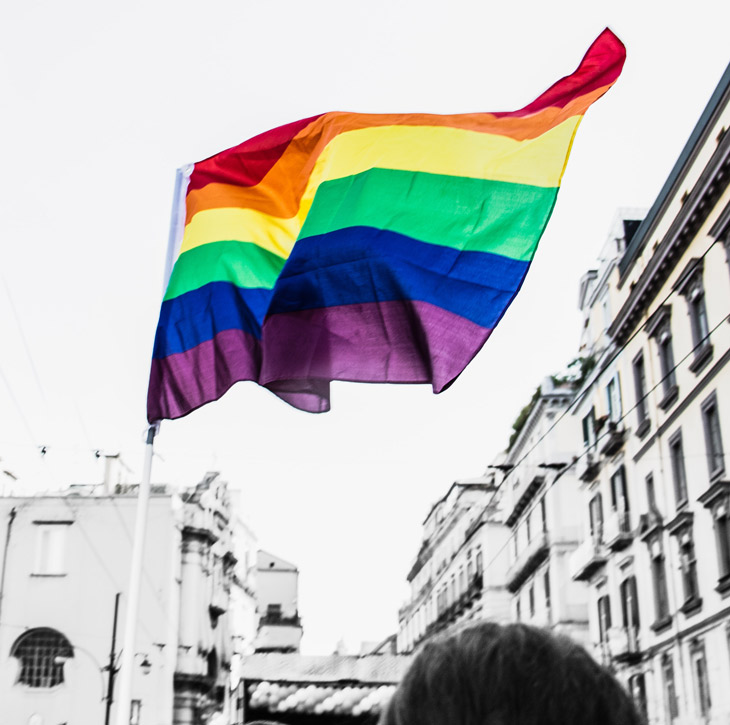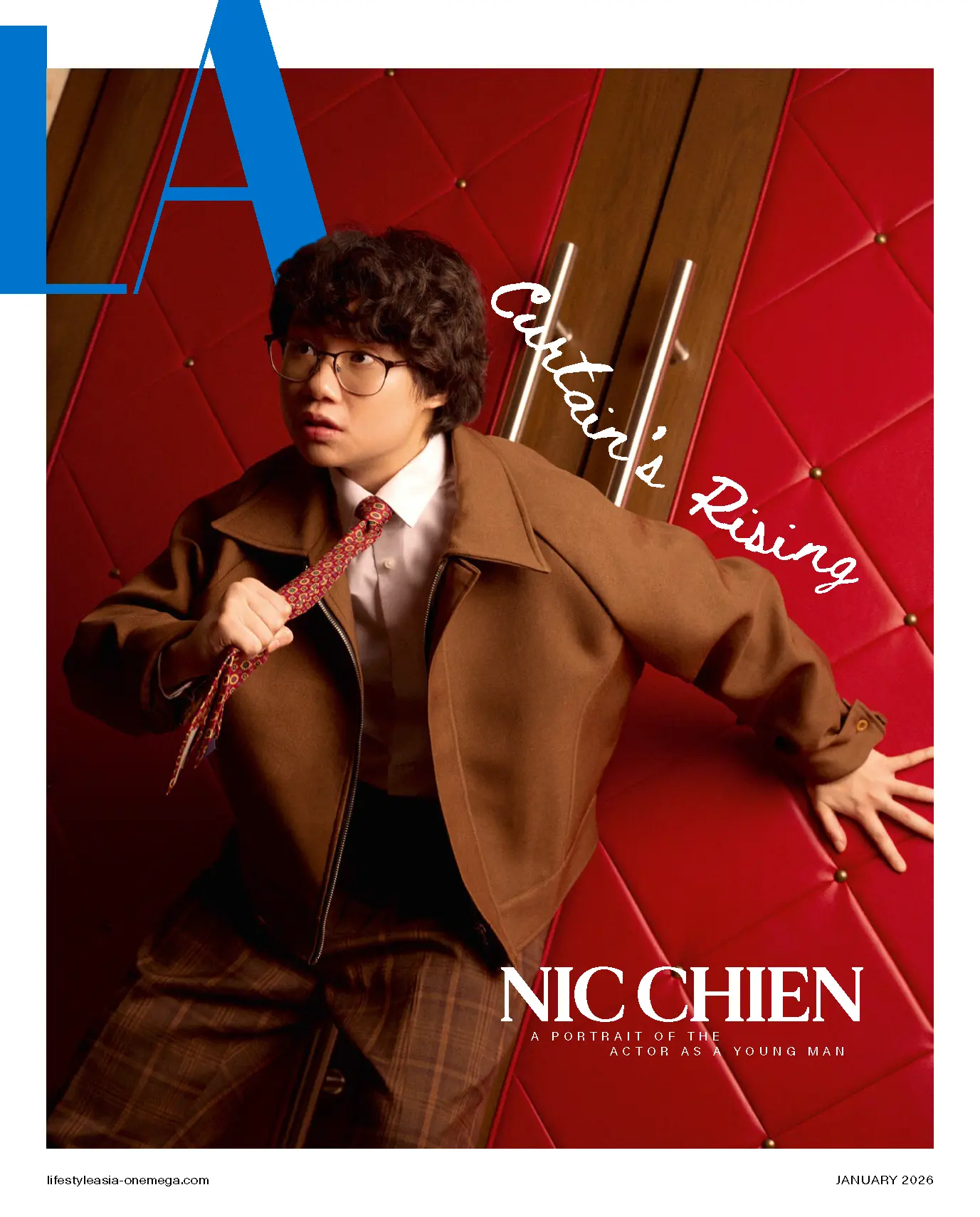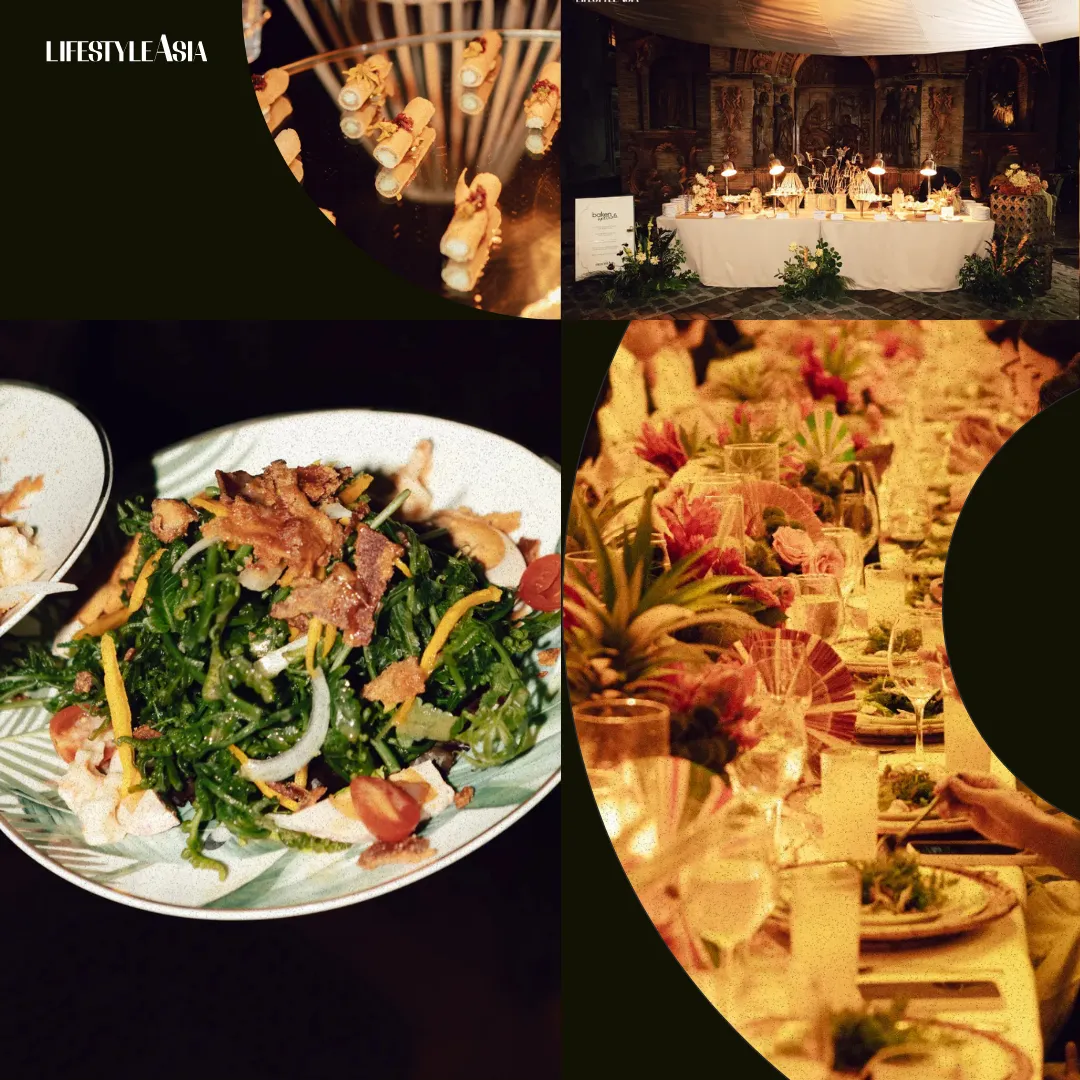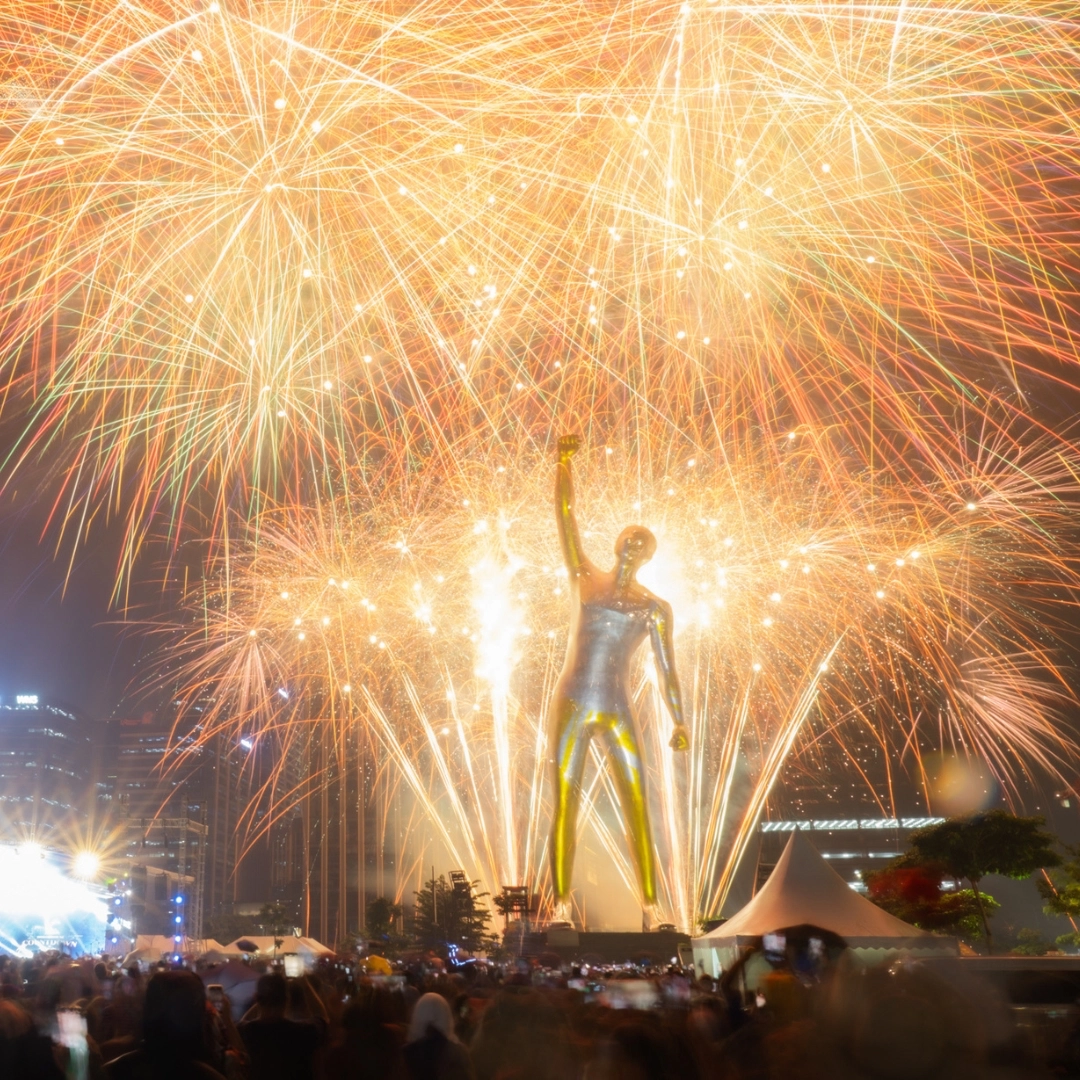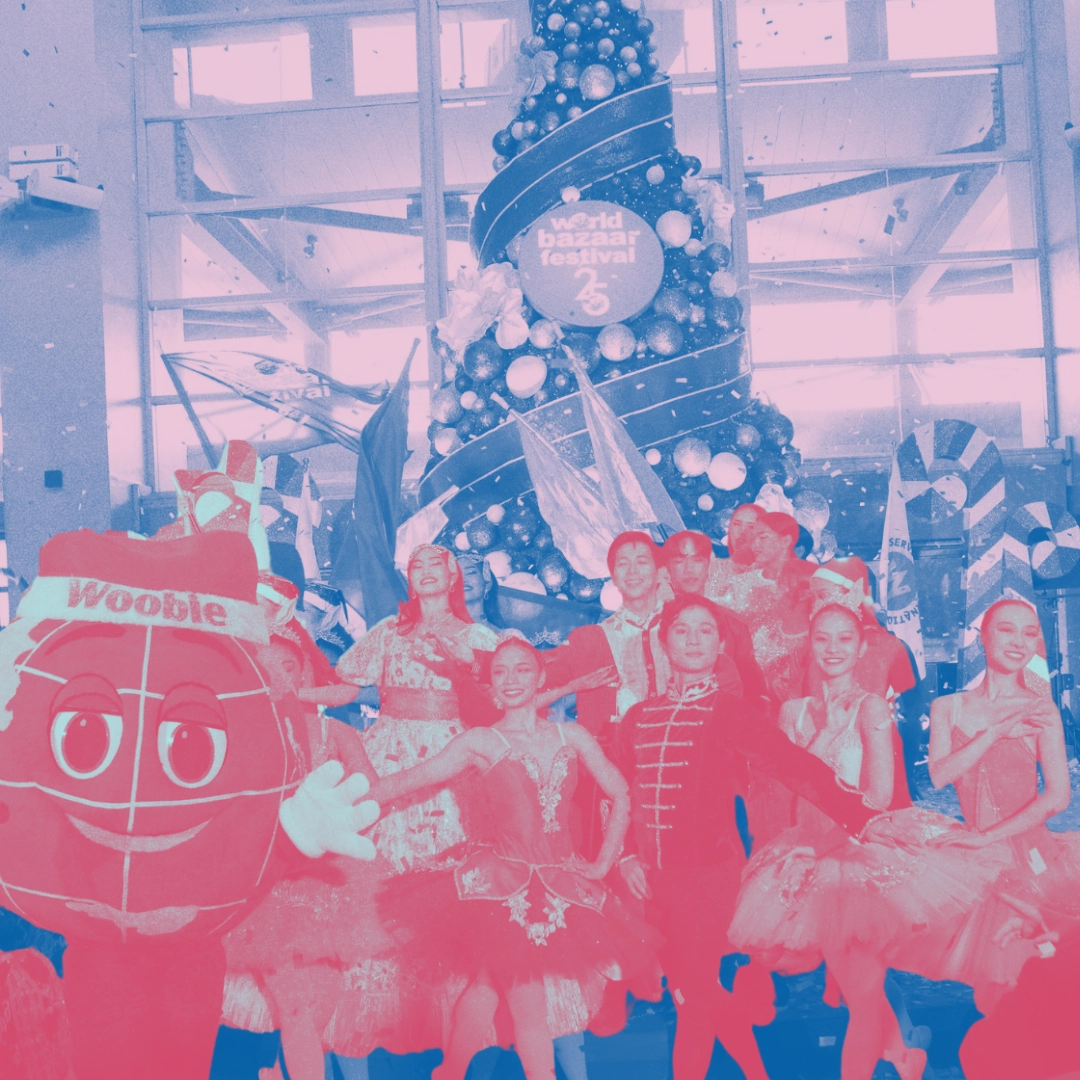“My issue stems from how comfortable many brands seem to be with stopping here, as if colorful alternatives are all it takes to solve our community’s problems.”
READ ALSO: LA Asks: What Does Freedom Mean For You Today?
Allow me to begin this clarion call by sharing three short stories.
2008: I am trapped in a vehicle by a man who will not leave unless I fulfill his sexual demands. He has paid for dinner and feels that I owe him something in exchange. There’s no reason to be 100 percent sure he isn’t armed. I give in, because I am young and don’t know if I have other options. For years I will be convinced I deserve all of this.
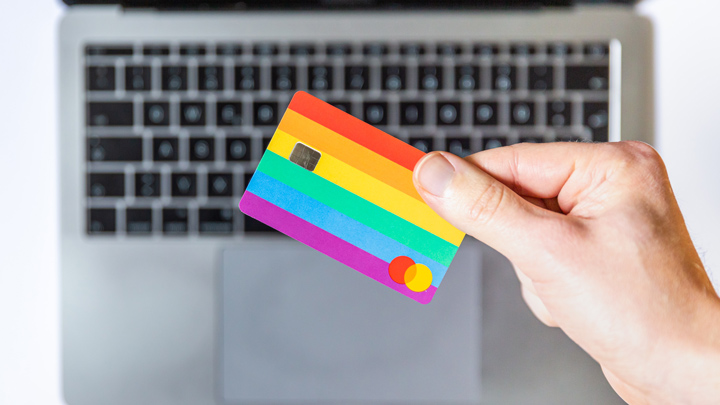
2015: I am walking home from the MRT along Shaw Boulevard. It becomes clear at some point that a man has been following me for several blocks, inching closer and closer. A tug on my bag is all it takes for me to jerk 180 degrees and shout, hoping this time around I will be heard. Fortunately, other pedestrians make their way over, and if he turns violent I will have witnesses. I run the whole way home, break open a bottle of wine, and hope I won’t remember any of this the next day.
A few weeks ago: A friend of mine is told by a prominent local bank that he is forbidden to open a joint account with his partner, because these are limited to married couples, relatives, or those with a business enterprise. Ironically, this bank rings in June with a social media post featuring a large rainbow.
At a glance, these stories are mutually exclusive of one another. They all take places in different times and spaces, and each deal with a specific type of injustice. What brings them together is how they put queers in seemingly impossible situations with dire consequences, whether this takes the form of institutional oppression or the threat of physical danger.
There’s another common thread linking these three stories together, one that rings loudly in the back of my head as Pride Month festivities are underway, and one that I would like brands worldwide to notice immediately. In no instance did any of us think to ourselves, “Hmm, this predicament would be solved if I just had some rainbow merch.”
Limited activism
So many refer to Pride Month as a celebration, 30 days filled with fun, friendship, and hopefully a greater sense of purpose for LGBT+ movements. I am continuously inspired by how grassroots organizations and employee resource groups alike activate to make education engaging and accessible to all, so that people of all backgrounds can come together in the name of diversity and inclusion.
And then there are the brands…who I don’t doubt are well-intentioned, but do make me question how in-touch they are with everything going on in the world. I want to make it clear that there’s nothing inherently wrong with plastering rainbows on what you’re selling, and if someone in the community finds this empowering then that’s wonderful.
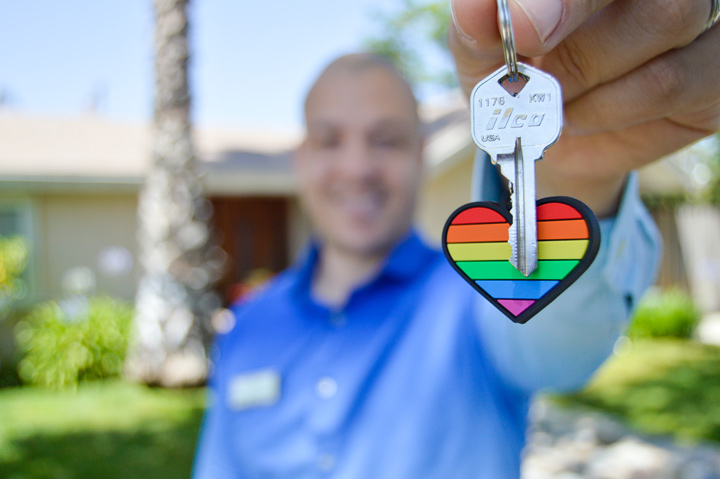
My issue stems from how comfortable many brands seem to be with stopping here, as if colorful alternatives are all it takes to solve our community’s problems.
I am mildly consoled that many have taken to donating a portion of the proceeds from these sales to worthwhile causes, and it does seem like this portion grows year on year.
But there are limits to this approach to activism, in so far as under this approach brands only give back to the community if the community gives to brands first. There’s no reason why we should have to pay up just so businesses will acknowledge our presence and contribute to systems that keep us alive.
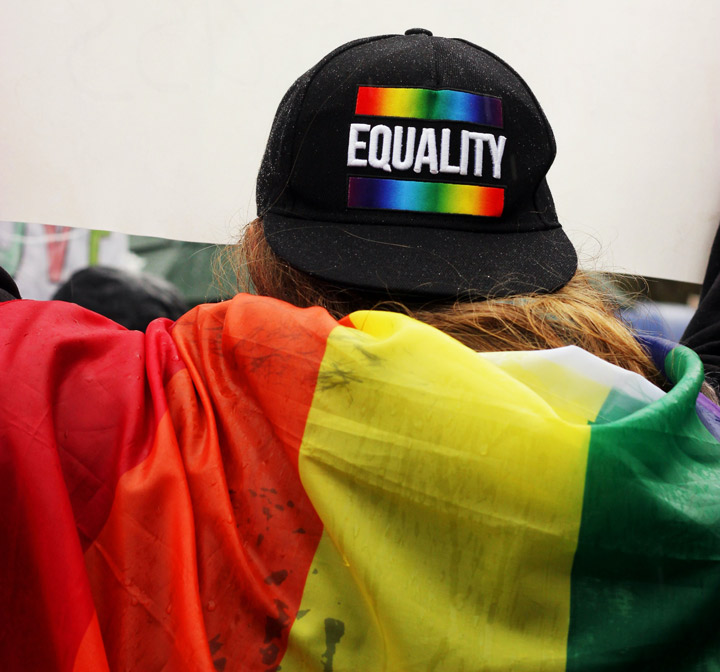
Never mind the fact that our community isn’t universally swimming in cash to begin with. Sure, there are many of us who occupy the upper echelons of society, exemplifying the power of the “Pink Dollar” with the capital to purchase rainbow-infused alcohol and Funko Pops.
But there are also many of us who have been systematically shut out of the working economy, lucky to find BPO work as our only desk job option. And then there are those who turn to the service industry, whether or not the community deems them respectable. When these brands preach for diversity, do they include all or some of us? If it’s the latter rather than the former, I’m afraid I can’t get on board with their initiative.
True allies
What then can brands do to be true allies? I think it’s high time brands skip the portions and proceed directly to donating to community organizations.
Allyship requires conscious decentering, and organizations are better equipped to serve our people.
Plus it’s not like brands can lie and say they don’t have the funds. If their support is predicated on our ability to line their pockets, it’s disingenuous and they might as well have never bothered sticking a rainbow on anything. We don’t need rainbows to know who we are and what we need, and we certainly don’t need to buy new things in order to be there for one another when the rest of society commits to ostracizing us.
I refuse to tone it down because this doesn’t end for us when July comes around—our struggle endures so long as we stay alive, if we’re even permitted. I don’t mince my words with this either: On May 20 the body of trans man Ebeng Mayor was found, confirmed to have been raped and murdered. This past September, the body of trans woman Donna Nierra was found dead in a Caloocan river. Courts insisted that trans woman Mhelody Bruno asked for the sexual violence that led to her 2019 death.
As brands brainstorm how to capitalize on us, we carry these stories—and many more stories—on our backs.
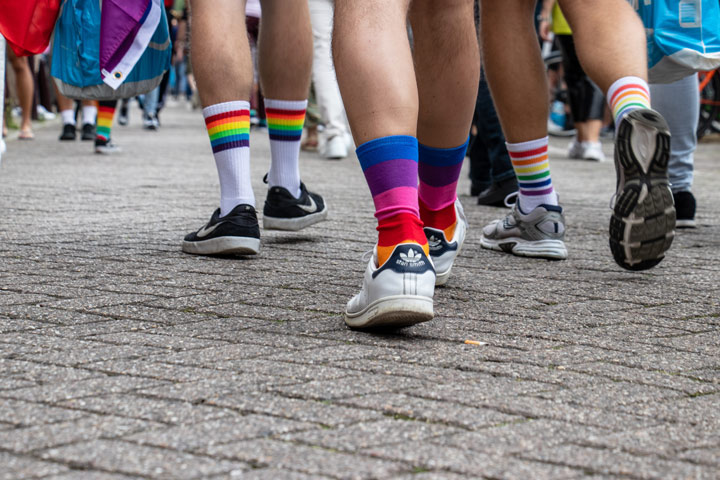
If brands truly care, they will acknowledge these stories, which are harsh realities of the world we live in, and contribute generously to the groups working relentlessly to make tomorrow a little more bearable than today. And if they find this challenging, then it falls on them to reflect if they were ever allies in the first place.
Adam Rabuy Crayne is a program manager whose past advocacy work includes stints with a public health nonprofit, a Grade 3 classroom in Quezon City, and the Corporate Social Responsibility wing of a public relations firm.
Banner Photo by Sara Rampazzo on Unsplash
